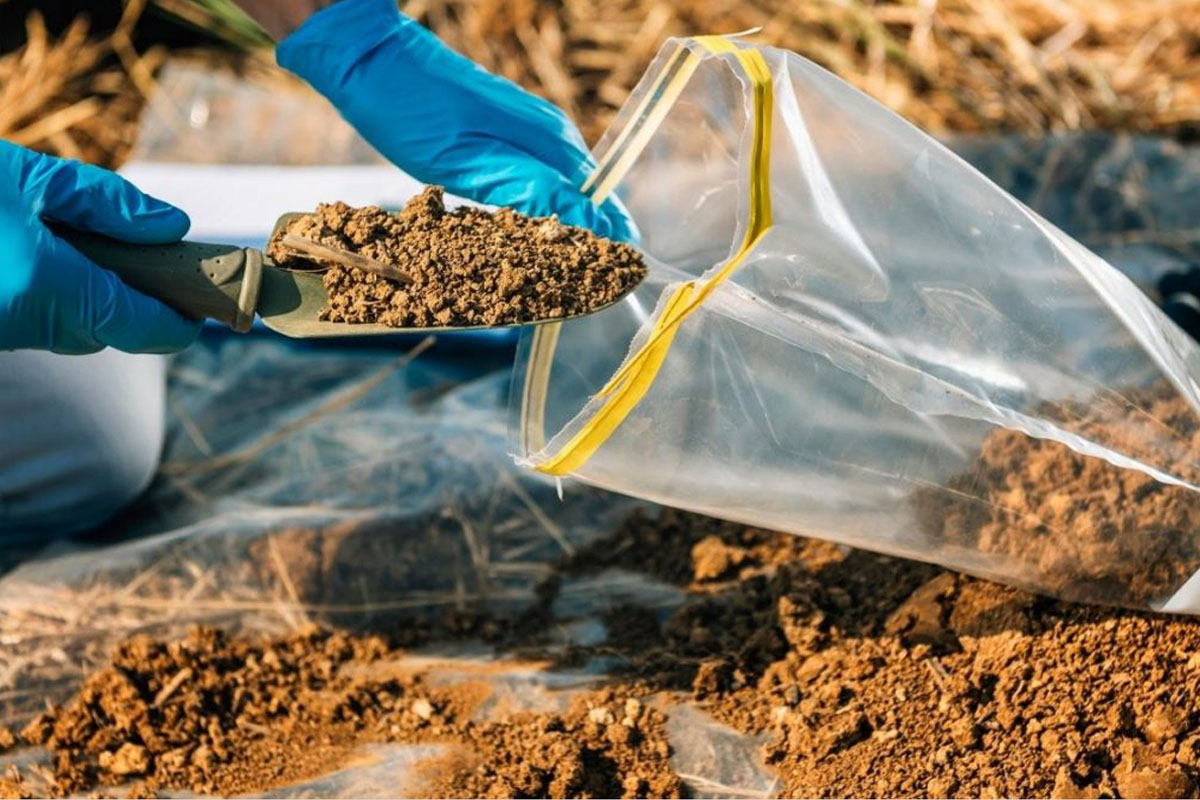
Why Is Soil Testing Required?
Soil testing is an essential step in maintaining healthy and productive gardens, lawns, and farms. By testing the soil, you can determine its nutrient content, pH level, and other important factors that affect plant growth. In this blog post, we will explore why soil testing is necessary and how you can conduct your own soil test. Whether you are a seasoned gardener or just starting out, understanding the importance of soil testing will help you achieve better results in your gardening endeavours. So, let’s dive in!
1. Determine Nutrient Levels: Soil testing allows you to assess the nutrient levels present in your soil. Different plants have varying nutrient requirements, and by knowing the nutrient content of your soil, you can provide the necessary amendments to ensure optimal plant growth. This helps prevent nutrient deficiencies or excesses, which can lead to stunted growth or nutrient imbalances in plants.
2. Adjust Soil pH: Soil pH refers to the acidity or alkalinity of the soil. Different plants thrive in different pH levels, and soil testing helps you determine the pH of your soil. By adjusting the pH to the ideal range for your desired plants, you create a favourable environment for their growth. For example, acid-loving plants like blueberries prefer acidic soil, while vegetables like tomatoes thrive in slightly acidic to neutral soil.
3. Identify Soil Composition: Soil testing provides valuable information about the composition of your soil, including its texture, organic matter content, and drainage capabilities. This knowledge helps you understand the soil’s physical properties, allowing you to make informed decisions about irrigation, soil amendments, and overall soil management.
4. Prevent Nutrient Runoff and Environmental Pollution: Over-fertilization can lead to nutrient runoff, where excess nutrients are washed away by rain or irrigation water. This runoff can pollute nearby water bodies, causing harmful algal blooms and negatively impacting aquatic ecosystems. By testing the soil and applying fertilizers based on its nutrient needs, you can reduce the risk of nutrient runoff, protecting the environment and conserving resources.
5. Save Money and Resources: Soil testing helps you avoid unnecessary expenses on fertilizers and soil amendments. By understanding the specific needs of your soil, you can apply fertilizers and soil conditioners more efficiently, eliminating wastage and saving money. Additionally, soil testing helps you conserve resources by preventing excessive water usage and reducing the environmental impact of gardening or farming practices.
In conclusion, soil testing is a crucial step in maintaining healthy and productive gardens, lawns, and farms. By understanding the nutrient levels, pH, and composition of your soil, you can make informed decisions about fertilization, soil amendments, and overall soil management. Soil testing not only benefits your plants but also helps protect the environment and conserve resources. So, take the time to conduct a soil test and unlock the potential of your soil for successful gardening and farming endeavours.
